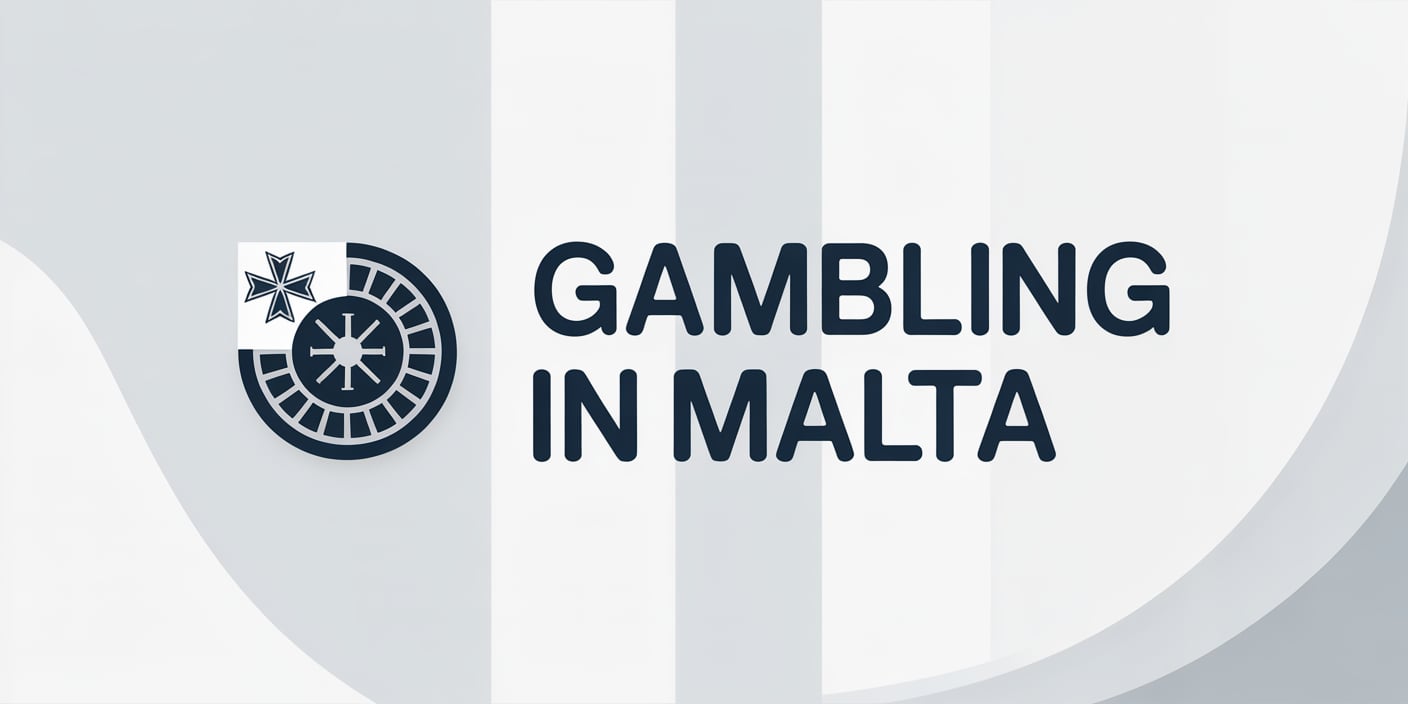Gambling in Malta

Online Casinos: A Global Phenomenon
Online casinos have emerged as one of the most popular forms of entertainment worldwide. As the sector continues to grow, more and more similar platforms emerge. For Malta, this industry has become among the foremost motors of its economic development. Good Malta casino bonuses also draw a lot of players, so the Maltese-licensed websites become even more appealing.
The Rise of Online Casinos
Online gambling is a general term that came into existence in the early 1990s when the first online casino set up virtual shop. This category includes slot machines, card games, roulette, betting, lotteries, and any other forms of gambling entertainment. Online casinos are nothing more than their stationary counterparts, with one very important difference: instead of visiting a physical building, players access these programs through specialized websites. Yet the old-school gamblers have their options as well—Malta boasts a rich variety of land-based casinos as well.
When the market grew, these services were growing in popularity as well. Antigua and Barbuda licensed the first online gambling, and it is still the only country in the world to officially endorse online casinos. Most of the gambling websites nowadays are licensed by it.
By the early 20th century, the online gambling market was growing exponentially. Malta, and several other countries, began to license such companies. Regulations and legislation for licensing vary from country to country. Through legalizing and regulating online gambling operations within its territory, Malta experienced some very lucrative financial investments flow into its national economy.
The Growth of the Betting Industry in Malta
The economic success of Malta has primarily been contributed by Malta's welcoming regulations for online casino providers. As a gambling-tolerant island nation, Malta is one of the most popular destinations for gaming operators. The island's steady development in this sector has made the island economically wealthy.
Malta updated its Income Tax Act to ensure a business-friendly environment for online casino providers. At a government sitting, the amount of individuals employed in the industry in the previous year was reported to be over 2,500 and millions of euros were added to the state budget. 35% more tax revenue was collected compared to what was collected previously. These are figures that show steady growth in the number of gambling companies running in Malta, not only continuing to welcome foreigners, but some even relocate there to reside and eventually become citizens.
Regulation and Oversight
Malta has a regulatory body that monitors the activities of gambling companies registered with the nation. The commission has been operating for 20 years. These officials impose regulations on the laws, identify and prevent frauds, and address money laundering, which includes illegal money earned.
If players are suspicious of a casino's illegal activities or legal misconduct, they can request an investigation by the regulatory body. Should misconduct be proved, the regulatory body may issue fines, revoke licenses, or extradite individuals. In some cases, criminal penalties may be used.
Licensing System in Malta
Trusted and experienced operators alone are eligible for a license in Malta. Four types of gambling licenses are offered by the country:
- Class 1 License: This allows all games offered by online casinos, including slots and lotteries.
- Class 2 License: This authorizes sports betting. Bookmakers from Malta are required to obtain this type of license.
- Class 3 License: This is for peer-to-peer (P2P) betting sites, betting exchanges, in-game item stores (skins), and bingo. It covers businesses that sell in-game items for online games. After being licensed in Malta, they can sell these items legally anywhere on the planet.
- Class 4 License: This is for software businesses and businesses that receive commission from bets. It covers the production and distribution of gambling-related software.
Each of these licenses is allowed for five years and can be renewed upon expiry. Foreign nationals are also permitted to open bank accounts in the country under Malta law.
